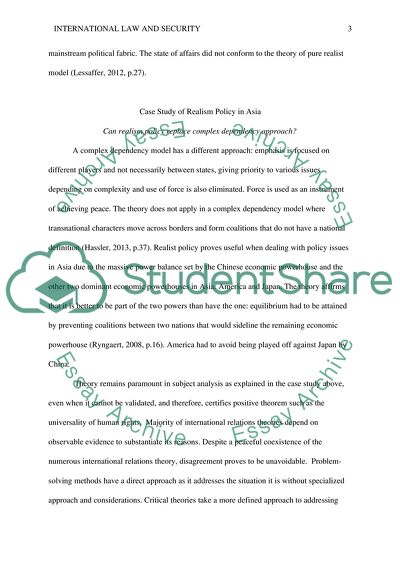Cite this document
(International Law and National Security Case Study, n.d.)
International Law and National Security Case Study. Retrieved from https://studentshare.org/law/1863900-international-law-and-security-exam-question
International Law and National Security Case Study. Retrieved from https://studentshare.org/law/1863900-international-law-and-security-exam-question
(International Law and National Security Case Study)
International Law and National Security Case Study. https://studentshare.org/law/1863900-international-law-and-security-exam-question.
International Law and National Security Case Study. https://studentshare.org/law/1863900-international-law-and-security-exam-question.
“International Law and National Security Case Study”, n.d. https://studentshare.org/law/1863900-international-law-and-security-exam-question.


